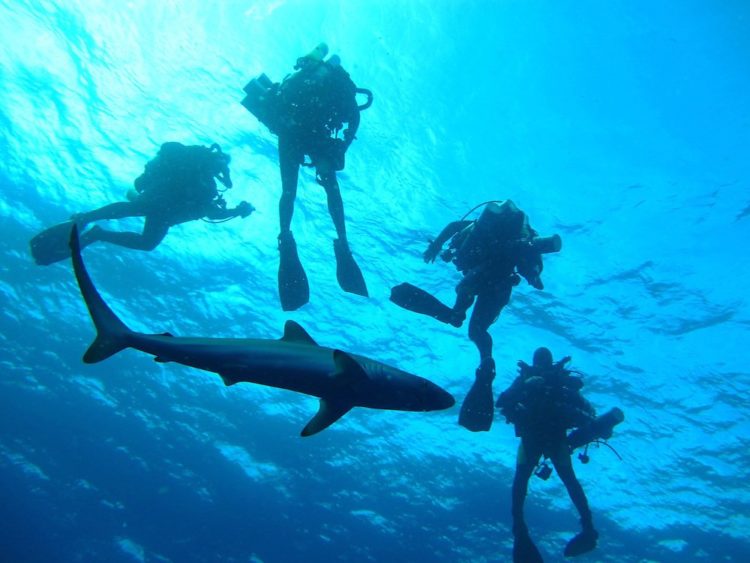The compound itself could not be hit without danger to civilians unaware that their guest was a wanted terrorist. The plan was to track the Hilux to its next destination for intelligence gathering purposes, thus exposing the larger network this High-Value Target was running. But so far the guy was staying put.
The drone crews had spent the last several days flying in shifts watching the compound closely and patiently for hours on end detecting no discernable movement. This was the grind that went with the job. Seemingly endless hours of intense focus while watching the target area, taking it all in at once, straining to notice the slightest detected activity while circling miles above it.
As unrelated as it might seem, that same ability to keep a clear mind and make decisions quickly and effectively under highly stressful situations is also key to thrive as a Remotely Piloted Aircraft (RPA) pilot.
This piece by Interesting Engineering on the history of Unmanned Aerial Vehicles (UAVs) points to the 1940s as the era in which the first patent of something similar to what we currently know as a drone, came to fruition.
The exponential advancements in technology have brought about a relatively recent specialty, which is now essential in some military operations: the drone pilot, also known as RPA pilot. The unique advantages that drones offer in surveillance and attack settings have made them a core military instrument. This creates the need for highly qualified personnel that can make the most of these assets. “Since 2008, the number of pilots of remotely piloted aircraft has grown fourfold, to nearly 1,300,” according to the New York Times.
Like most jobs that involve advanced technology, multitasking is an essential skill for a drone pilot.
“An RPA pilot needs to be decisive and be able to multitask effectively. With the various mission sets, you’ll be on multiple computers, flying an aircraft, managing a crew, things can be very dynamic, so you have to be able to react on the fly and make solid decisions,” says an MQ9-Reaper pilot in a U.S. Military News feature.
Any drone pilot, however, relies on much more than just technical capabilities and excellent navigation skills. Attention to detail is necessary to successfully carry out drone-related tasks.
Drone Pilots Operate Under Pressures Unique to Their Occupation
While the physical strain that drone pilots experience maty not comparable to that of combat divers, the psychological strain can be similar.
These pilots need to be able to handle extremely expensive and sophisticated equipment on which entire operations are relying. Crucial information and even lives are usually at stake.
Furthermore, drone pilots are constantly “switching on and off” depending on the type of operation they have to complete. Their profession is radically distinct from that of manned aircraft pilots. It can be much more “static” (as it is performed remotely). Further, manned aircraft pilots don’t usually witness the impact and destruction caused by their actions, as Jean Lin Otto, an epidemiologist who co-authored a study evaluating psychological damage on drone pilots, said to the New York Times.
Drone pilots require an incredible amount of mental resilience and the ability to focus intensely for many hours. “Remotely piloted aircraft pilots may stare at the same piece of ground for days. They witness the carnage. Manned aircraft pilots don’t do that. They get out of there as soon as possible,” Otto said.
Keeping in mind the high amounts of attentiveness and extreme focus they exercise, the highly sophisticated equipment they handle, and the crudity of the scenes they can witness, drone pilots also need top-tier mental preparation to excel at their duties.
Underwater operators and drone pilots might not be thought of as the mentally toughest type of soldiers. Yet, an in-depth dive at the nature of their work shows the opposite.
These professionals handle high-pressure situations and have to make correct decisions in life-or-death scenarios under extraordinary amounts of strain.












COMMENTS